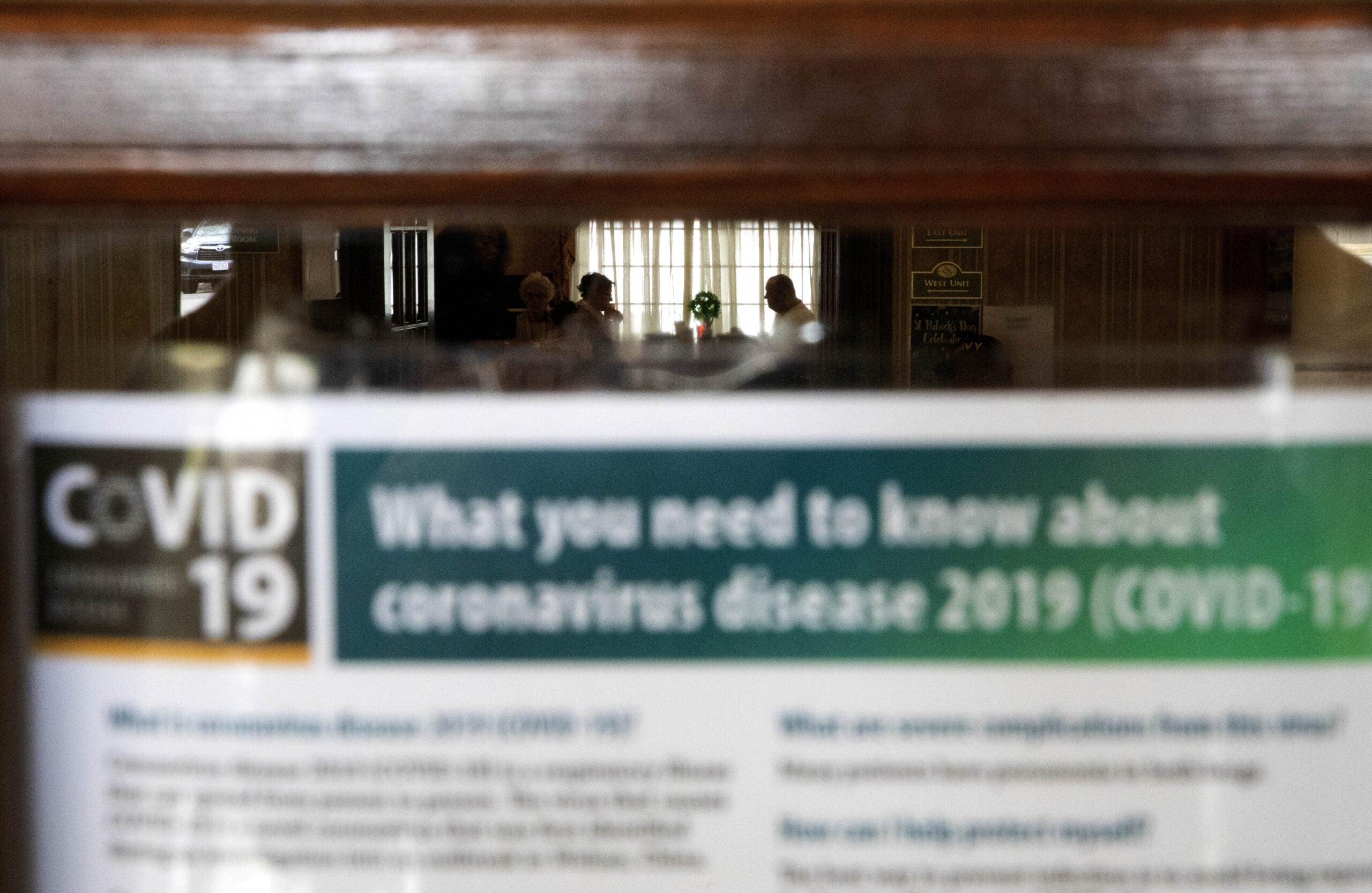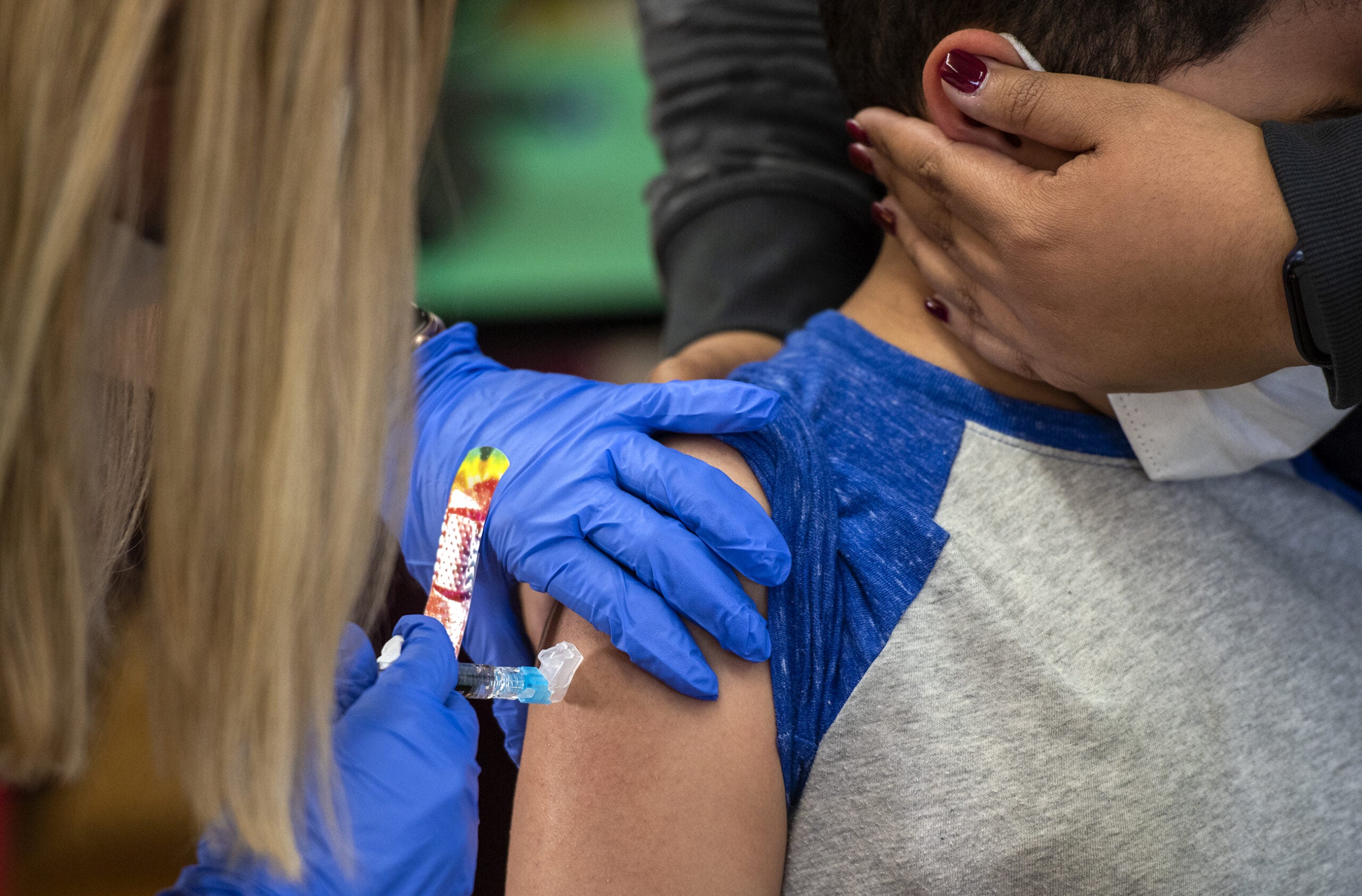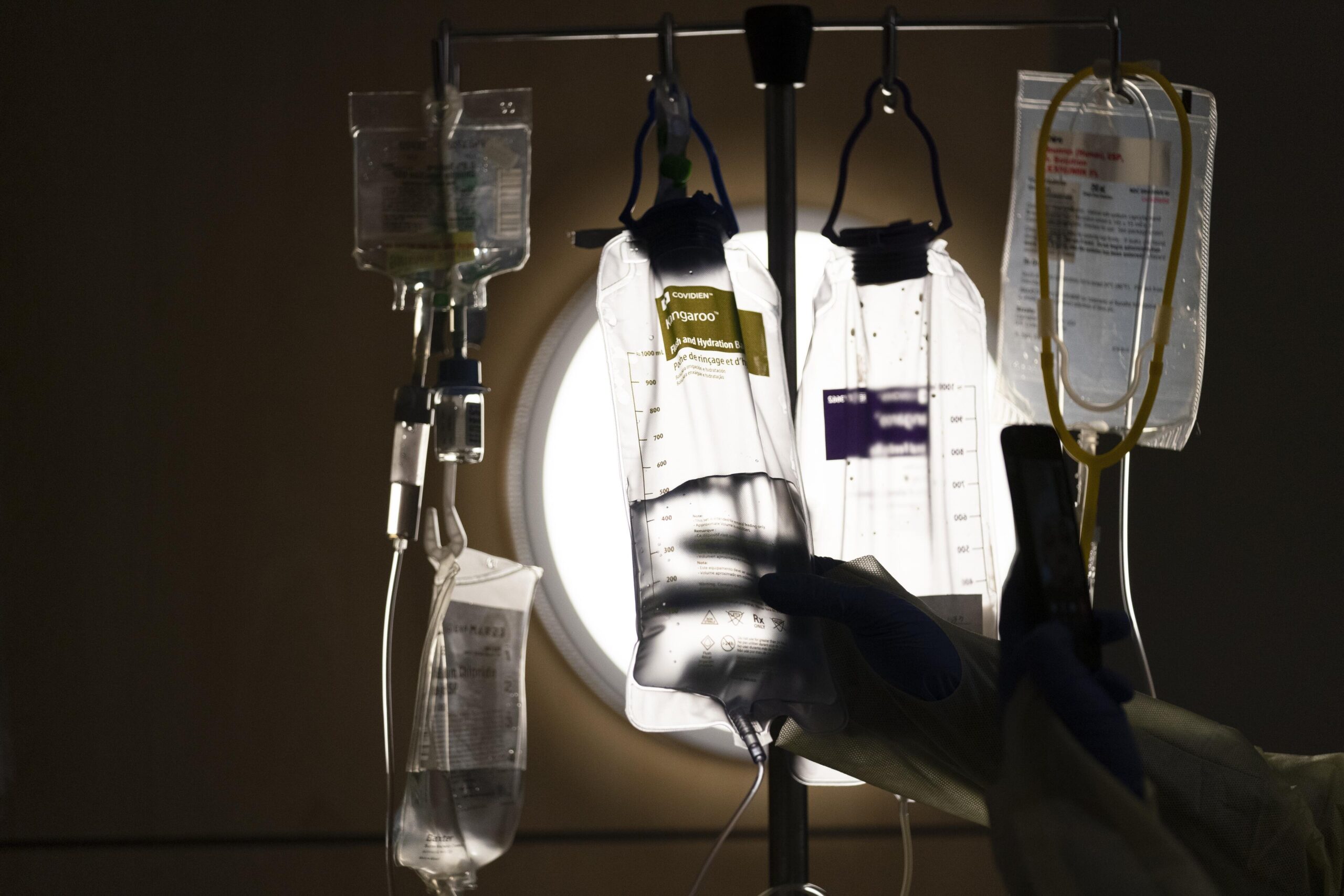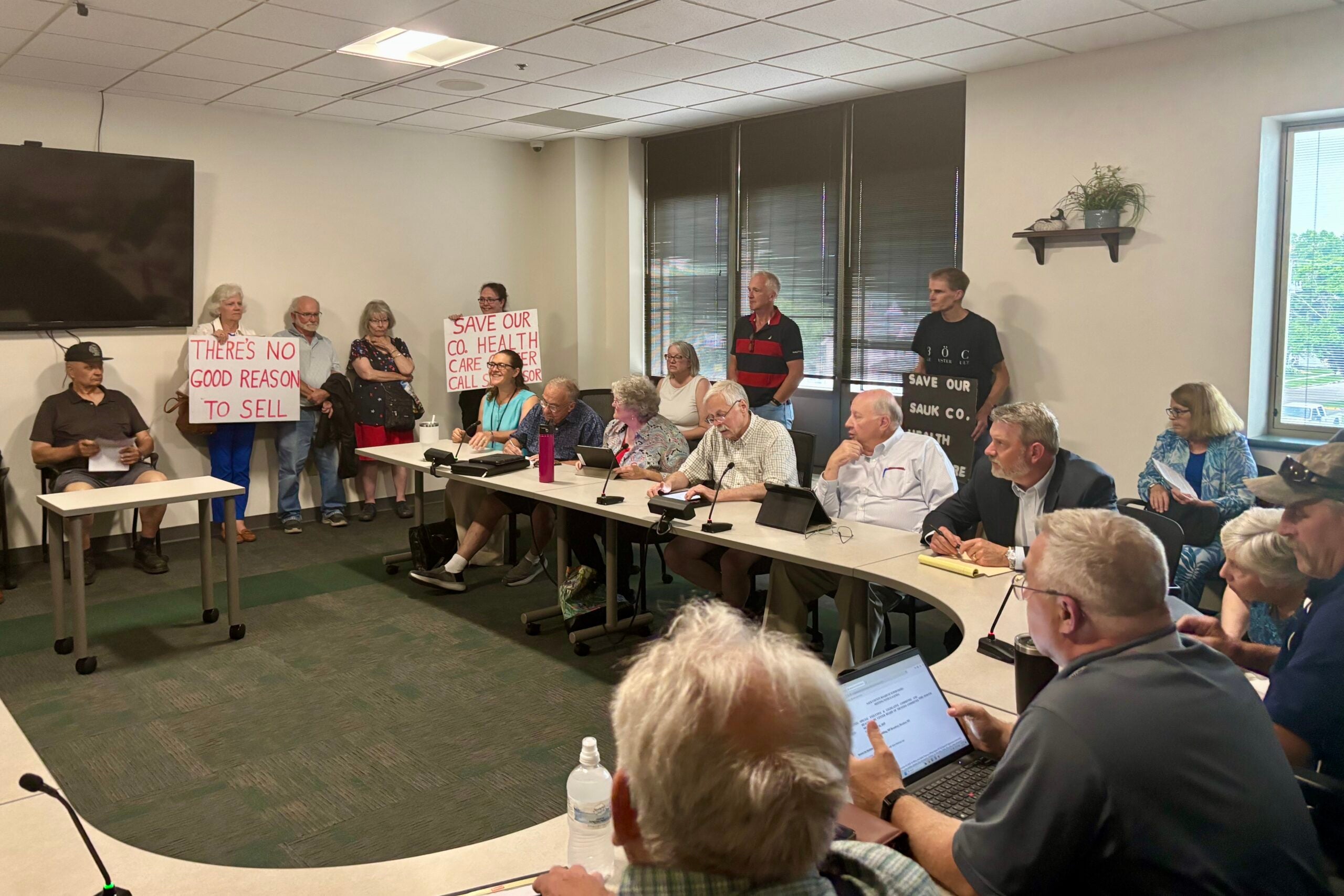Nursing homes in Wisconsin are suspending family visits except for end of life situations. The restrictions, recommended by the Centers for Disease Control and Prevention, are aimed at preventing the spread of COVID-19 among residents who are especially vulnerable.
Badger Prairie Healthcare Center has 120 skilled nursing beds in the Dane County city of Verona. Administrator William Brotzman said staff already take great care to prevent the spread of viruses like influenza but with a growing number of new coronavirus cases in Dane County they’re taking an extraordinary precaution.
“Due to the frequency, the intensity and the spread of this one we actually, for the first time ever, we’ve closed our front doors to the community and we’re restricting access into our building to help keep our vulnerable adults safe if we can and also our employees,” said Brotzman.
News with a little more humanity
WPR’s “Wisconsin Today” newsletter keeps you connected to the state you love without feeling overwhelmed. No paywall. No agenda. No corporate filter.
For now, Brotzman said, family members will only be able to visit residents in extreme situations.
“We make some exceptions in that if we have family members who have a loved one in our facility who is at end of life,” said Brotzman. “So, if they’re actively dying we don’t want to exclude family from being with their loved one.”
Brotzman said staff counselors at Badger Prairie are working to provide video conferencing between family and residents via Skype. He said the visitation policy could be revised if pandemic conditions improve.
According to the CDC, older adults and those with chronic medical conditions like heart disease, diabetes or lung disease are considered at higher risk of getting very sick from COVID-19. Earlier this month, at least 13 residents at a long-term care center in Washington State died from the fast spreading and highly contagious virus.
Beth Anderson is the executive vice president of Laureate Group, which operates eight nursing facilities in southeastern Wisconsin, she told WPR’s “The Morning Show” Friday they were enforcing similar restrictions on all non-essential visits to facilities.
“Yesterday when the first positive came through in Waukesha we went ahead and took the recommendation that came down from the Centers for Disease Control for long term care facilities,” said Anderson. “And yesterday we began restricting nonessential visitors to our Waukesha locations and we will advance that into our Milwaukee locations today.”
But Anderson said that doesn’t mean residents aren’t allowed to interact or gather in dining facilities.
“Where the misunderstanding comes in is the programs inside the facility have not stopped at all,” Anderson said. “People are still coming to the dining room because we are virus free inside the doors. The point now is that somebody is going to bring that virus to us and that’s what we’re trying to protect.”
As of 5:04 p.m. Friday, the Wisconsin Department of Health Services had reported 19 cases of COVID-19 in Dane, Fond du Lac, Racine, Milwaukee and Sheboygan counties.
Wisconsin Public Radio, © Copyright 2025, Board of Regents of the University of Wisconsin System and Wisconsin Educational Communications Board.







